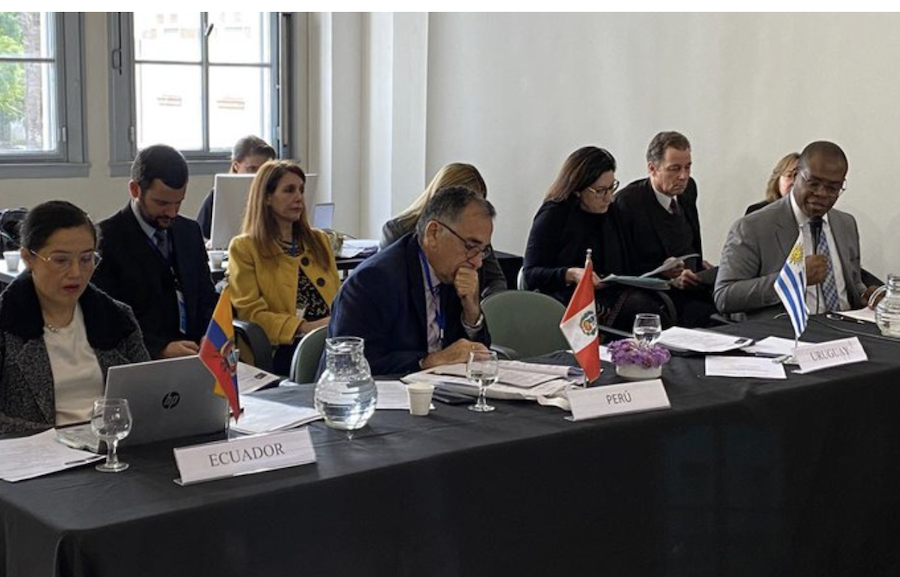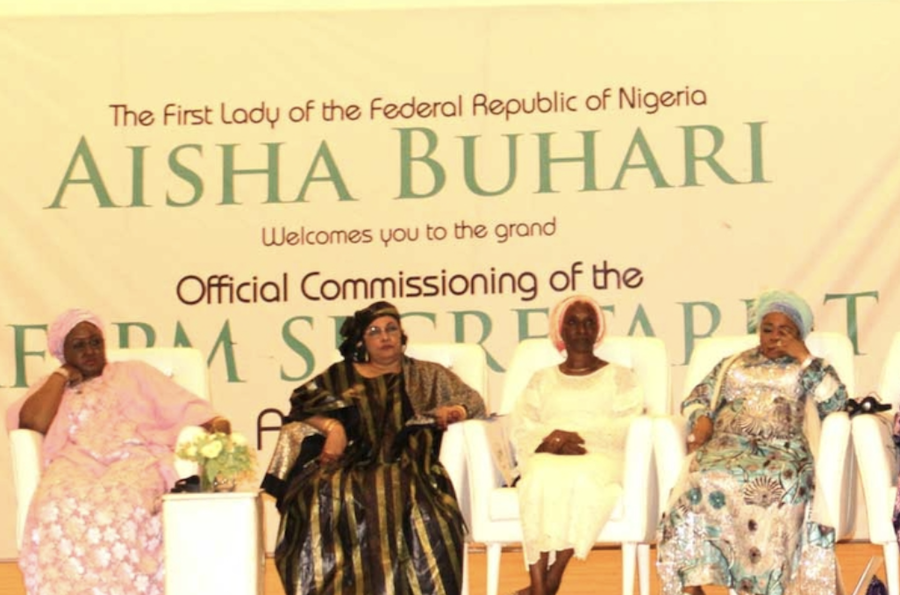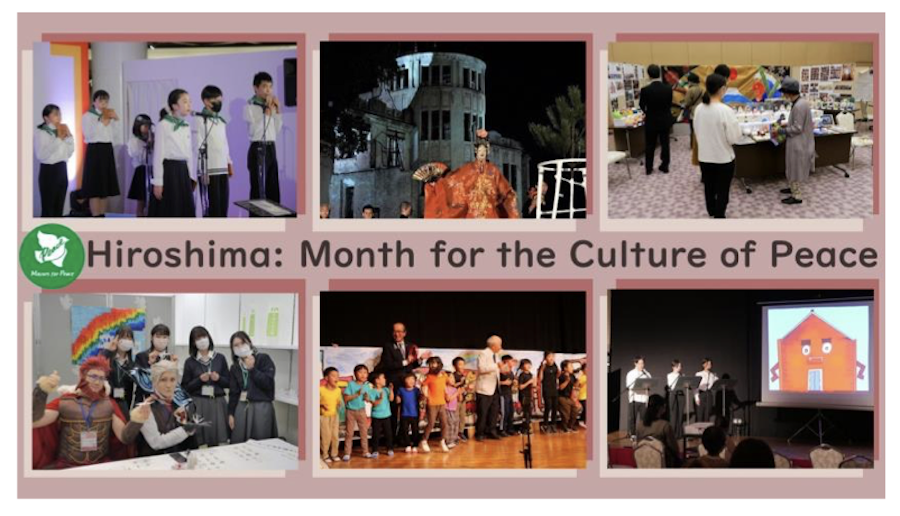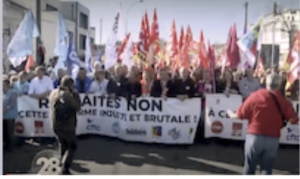FREE FLOW OF INFORMATION
An article from Gobierno del Estado de Guanajuato ( translation by CPNN)
For the State Government it is a pride to announce that the city of León will host the First Ibero-American Meeting of Voices for Peace and the First Ibero-American Meeting of Journalism for Peace, to take place from June 1 to 3 at the Cultural Forum.
This was stated at a press conference by the State Government Secretary, Jesús Oviedo Herrera; “Promoting the Culture of Peace will always be a priority; it is a task of great importance where society and government must work together,” he added.
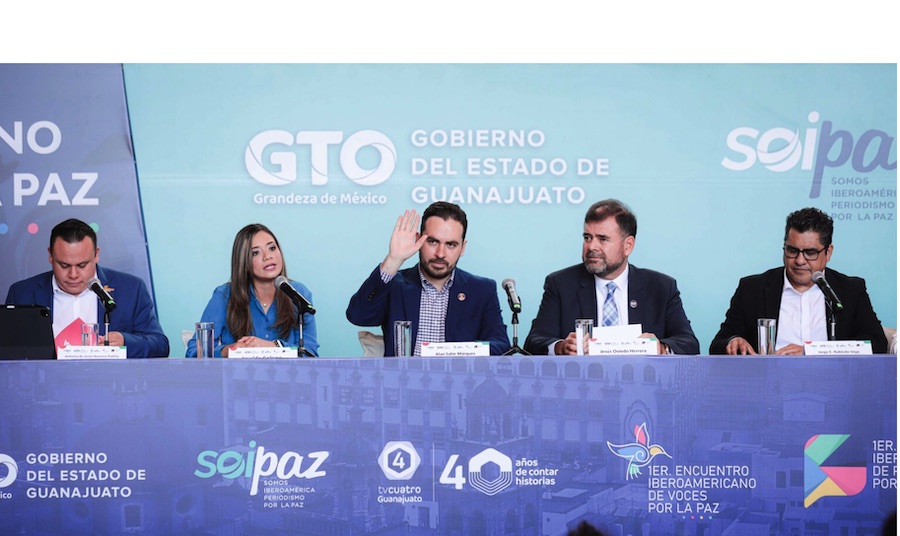
The General Coordinator of State Social Communication, Alan Sahir Márquez Becerra, stressed that Guanajuato will become the epicenter of the culture of peace in Mexico and Latin America.
In organizing these events, the Government of the State of Guanajuato joins efforts with the Civil Association Somos Iberoamérica Periodismo por la Paz -SOIPAZ-, with the purpose of bringing together global leaders and journalists from around the world to deliver their messages for peace, he added. .
The President of Somos Iberoamérica Periodismo por la Paz, Jorge Robledo Vega, thanked the State Government for its hosting and for its commitment to promoting the culture of peace.
Achieving world peace is a prevailing necessity in the face of the intolerance and violence that are multiplying in all corners of the planet, he pointed out.
He explained that the program of activities expects the participation of voices such as: Shirin Ebadi, Activist for human rights and democracy and the first Muslim woman to be awarded the Nobel Peace Prize, and from Colombia Andrés Pastrana, former president of Colombia with a doctorate from the Center for International Affairs of Harvard University.
In addition, Alberto Pelaez, journalist, novelist, columnist, speaker, correspondent for 20 wars, as well as the Mexican journalist Pablo Latapí, will participate.
The General Director of Tv4, Juan Aguilera Cid, highlighted the importance of the issue of peace as one of the guiding principles of the State Government with the presence of leaders and journalists for peace.
(Article continued in the column on the right)
(Click here for the original Spanish version of the article)
Journalism in Latin America: Is it turning towards a culture of peace?
Is there progress towards a culture of peace in Mexico?
(Article continued from the column on the left)
For TV 4 it is a pleasure to receive and support this initiative that combines the passion of communication with journalism and emphasizes our social responsibility, he added.
In these events, analysis tables and workshops will be including Journalism for peace, investigative journalism, documentary journalism and digital journalism.
From Spain: Ana Barrero, Journalist and Director of the Culture of Peace Foundation in Madrid and President of the Spanish Association for Peace Research (AIPAZ) will participate in the workshops and analysis tables. From Chile will be Gonzalo E. Cáceres, Co-Founder of Deutsche Welle TV in Germany.
From Mexico: Luis Miguel González, Editorial Director of the newspaper El Economista, Daniel Moreno, Director and founder of the digital portal Animal Político, Francisco García Davish, Director and founder of the information agency QUADRATÍN. Also directors of Código Magenta as well as journalists from local, national and international media will be present.
Eréndira Saldaña Quintero, President of the Voces por la Paz Organizing Committee, commented that the program also includes a cycle of conferences in a TED-type format with topics related to peace, journalism, inclusion and human development.
Likewise the First Ibero-American Meeting of Journalism for Peace will be the setting for the delivery of the Grandeza de Mexico award, to journalists from Guanajuato, whose careers have transcended borders.
Today we extend the invitation to all representatives of the media, committed communicators, opinion leaders and journalists to join us in these two days of work, aware that in our words we have the power of peace, the power of the culture of peace, he said.
To promote the culture of peace, we must work with the new generations, therefore, it is essential to include the youth of Ibero-America. For this the meeting will include the space “A thousand young people for peace/” It will be addressed by Roberto Martínez, author of three bestselling books, content creator and host of the Creativo podcast with over 11 million followers on social media.
The meeting will mark the entity of Guanajuato as a pioneer in the meeting of Ibero-American personalities in favor of peace Through this meeting, global leaders and journalists of the world will showcase unity for Peace.
The complete program of activities can be consulted through the web portal https://www.soipaz.org and the soipazoficial social networks, all events will be free.
Antonio de Jesús Navarro Padilla, General Director of the Institute for the Development and Care of Youth of the State of Guanajuato, stressed that young people of Guanajuato and other entities that attend this Ibero-American Meeting will be a fundamental part of the meeting and each one will be able to become an ambassador of peace, bearing positive messages.
“From Guanajuato, for Mexico and Ibero-America, we will seek to plant in the collective consciousness the importance of promoting a culture of peace, with examples of great young talents honoring our State and our country,” he added.
Finally, the Secretary of Government on behalf of the Governor of the State, Diego Sinhue Rodríguez Vallejo, reiterated that it is an honor for Guanajuato to host these events that will become an ideal setting for the exchange of experiences, information and actions promoting peace.
